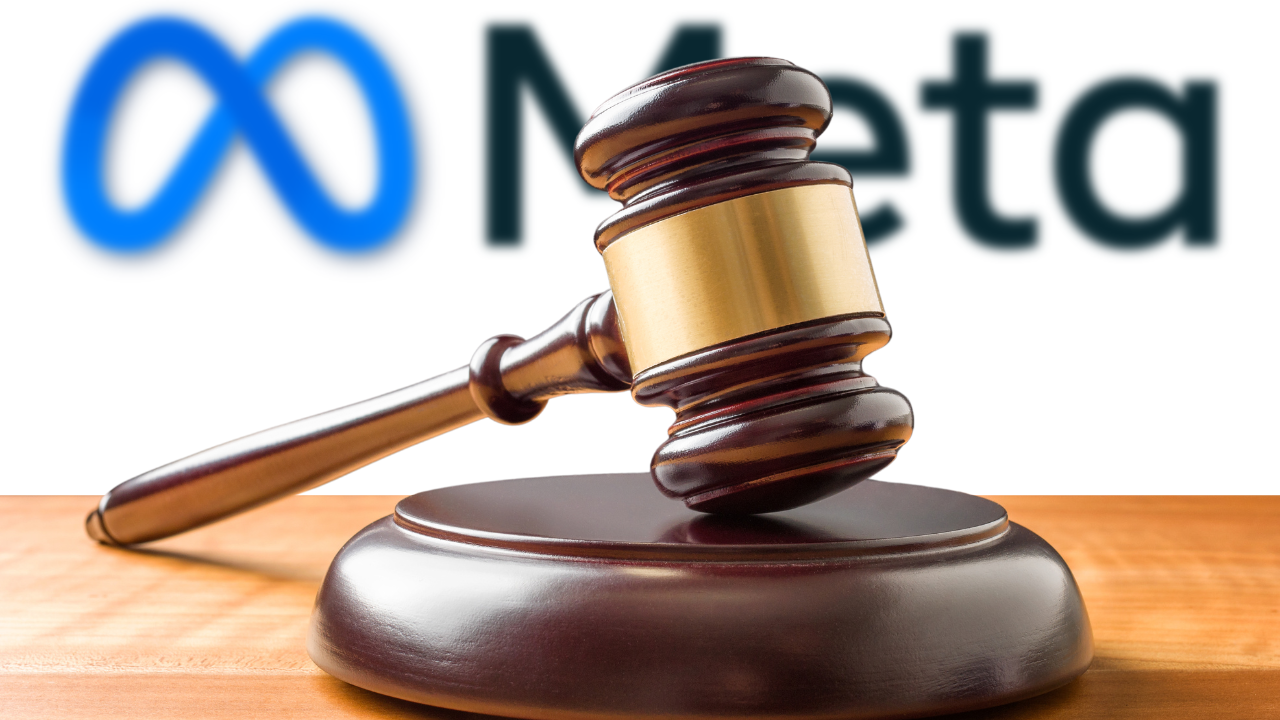
Meta vs Indian Govt: Will New Data Rules Help CCI Win? Here's All You Need To Know
- 18.03.2025 06:27
- timesnownews.com
- Keywords: AI, Startup
Meta is challenging the Indian government over WhatsApp’s data-sharing practices in a case before the NCLAT. The outcome could influence digital privacy regulations and competition laws, with new data protection rules potentially delaying the proceedings.